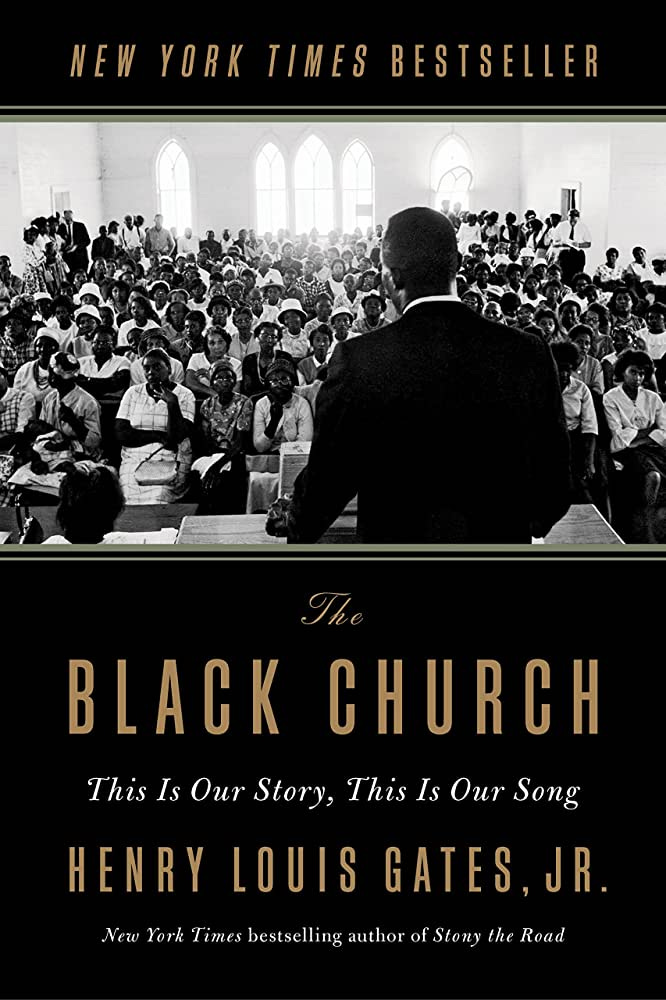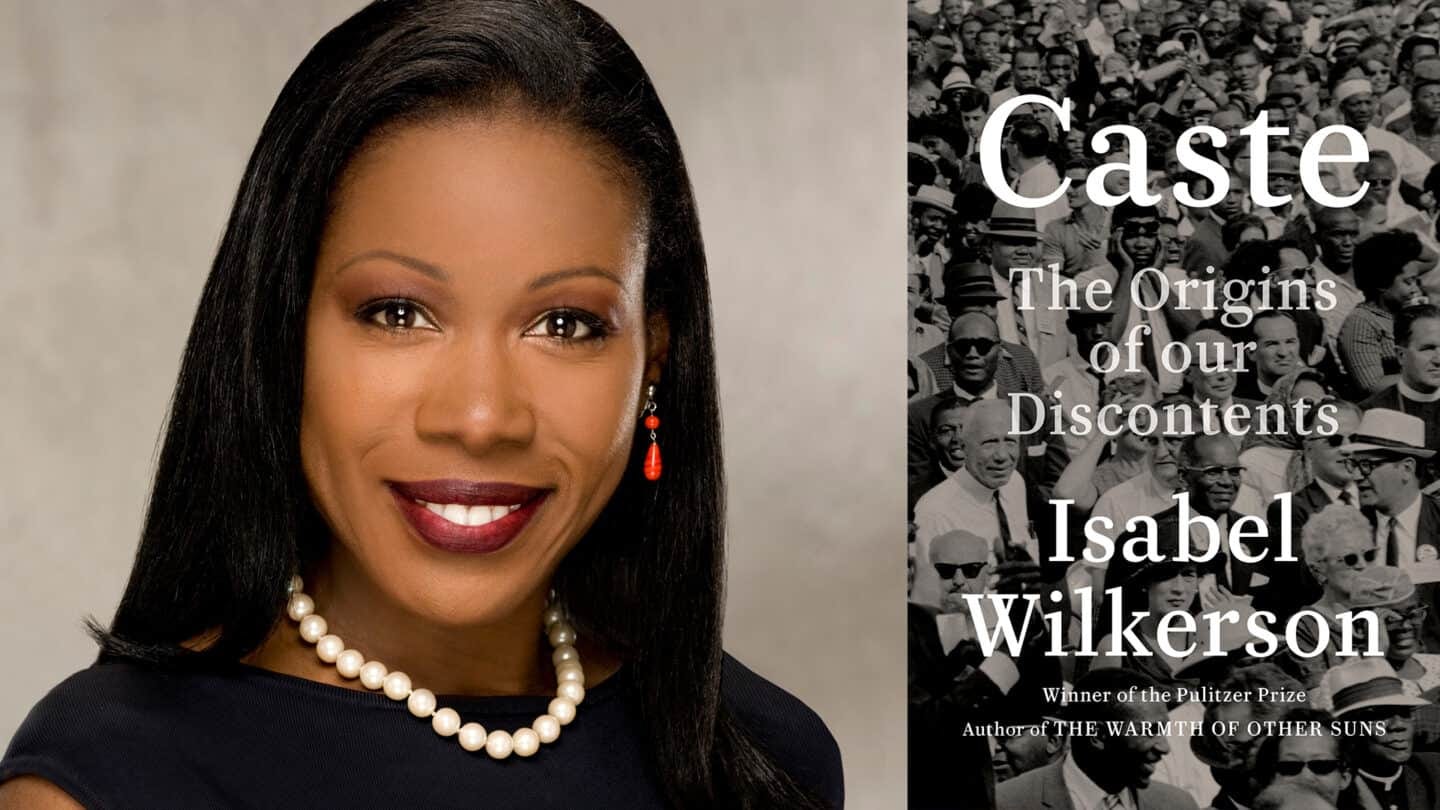By Guest Contributor Linda Maxie
It’s February, which means it’s Black History Month!
To honor the month, I thought I would concentrate on Black American writers who are still living. Not all these books are super-recent, but those that aren’t have created buzz and impact. I hope you find a few to add to your TBR list!
“Healthy at Last” by Eric Adam, 2020
After serving as a police officer for twenty years, Eric Adams was no stranger to fast food. But when he woke up one morning in 2016 with major vision loss, he quickly learned he had diabetes, which affects nearly five million Black Americans. So Adams decided to combat his diagnosis with food, specifically a plant-based diet. And within three months, he had dropped 35 pounds, lowered his cholesterol, and, amazingly, reversed his diabetes. In this book, he shows you how he did it, why it worked, and how to apply what he’s learned to your diet.
The New Jim Crow: Mass Incarceration in the Age of Colorblindness by Michelle Alexander, 2010.
Even though Jim Crow laws are no longer permitted, law professor Michelle Alexander demonstrates that they may as well be regarding voting rights. She shows how the U.S. criminal justice system has been used to harass and incarcerate ever-growing numbers of Black Americans, particularly men. In many states, once these men are released, their time behind bars is used to deny their right to vote, effectively silencing them as citizens.
A Black Women’s History of the United States by Daina Ramey Berry, 2020.
Innumerable books have been written on American history through the centuries. But the stories of one group are frequently omitted from the canon—those of Black women. History, African, and African diaspora studies professor Daina Ramey Berry endeavors to make their voices heard. With the help of fellow scholar Kali Nicole Gross, she celebrates the history of Black women beginning with the first that arrived enslaved from Africa. Through the years, many of these voices from all walks of life have been overlooked. But now, their stories are told here.
Between the World and Me by Ta-Nehisi Coates (2015).
Ta-Nehisi Coates writes to his teenage son about living as a Black person in America. He looks at how Blackness is punished by society, past and present. Finally, he offers a dignified and hopeful way forward.
The Black Church: This is Our Story, This is Our Song by Henry Louis Gates Jr. (2021).
Celebrated African American Studies professor Henry Louis Gates Jr. takes his readers through 400 years of the Black Christian church in America. Stripped from their home and culture when kidnapped and enslaved in America, many Black people turned to the church as a haven of comfort and encouragement. Yet their churches were often viewed suspiciously by the White community and have often been the target of violence. Yet, while Gates stresses that the Black church is neither monolithic nor uniform, it has almost always held a central place in the Black experience.
High Price: A Neuroscientist’s Journey of Self-Discovery that Challenges Everything You Know About Drugs and Society by Carl L. Hart ( 2013).
Carl L. Hart was the first African American to be a tenured professor in the sciences at Columbia University. His work searches for the roots of addiction. In this memoir, he looks at the place of drugs in the brain and society. After growing up in a tough Miami neighborhood, Hart has a different perspective from many other neuroscientists on why our current policies are failing and poverty’s role in the crisis.
The Sun Does Shine: How I Found Life and Freedom on Death Row by Anthony Ray Hinton (2018).
At age 29, Anthony Ray Hinton was arrested and charged with two counts of capital murder. At first, he wasn’t worried because he was sure justice would be served and he would be proven innocent. The charge had been a case of mistaken identity. But in Alabama in 1985, he found that being a poor Black man resulted in a different standard for a guilty verdict. After he was sentenced to death by electrocution, he spent the next 30 years on death row. But instead of becoming bitter, he spent his time trying to be a beacon of hope for his fellow inmates and himself. Finally, in 2015, he was released after being helped by civil rights attorney Bryan Stevenson. In this book, he tells his harrowing yet hopeful story.
In this debut work, English and African American Studies scholar Lauren Michele Jackson examines the allure of Black culture, from its activism to music. Specifically, she looks at how Black hipness, including language and fashion, is appropriated into mainstream culture, which then takes the credit and the profits from the originators. Her critical essays highlight the contradictory nature of our cultural icons.
How to Be an Antiracist by Ibram X. Kendi (2019).
Humanities professor Ibram X. Kendi writes for those who understand the corrosive effects of racism in society and are willing to take steps to combat it. Using ethics, history, law, and science, he helps readers understand what will work and what will not while weaving in stories of his personal experiences.
Caste: The Origins of Our Discontents by Isabel Wilkerson (2020).
America was founded on the idea that freedom is for all and that equality is not based on birth but on character and hard work. But as Isabel Wilkerson explains, the reality is far different. Using eight pillars common to caste systems worldwide, but specifically in Nazi Germany and India, she shows how the caste system operates in America, in its history and present. And she points out the price all of us pay to maintain this system.
Have you read any of these books? Do you have others you’d like to recommend? If so, please comment below and let us know
Until next time, I wish you Happy Reading!






